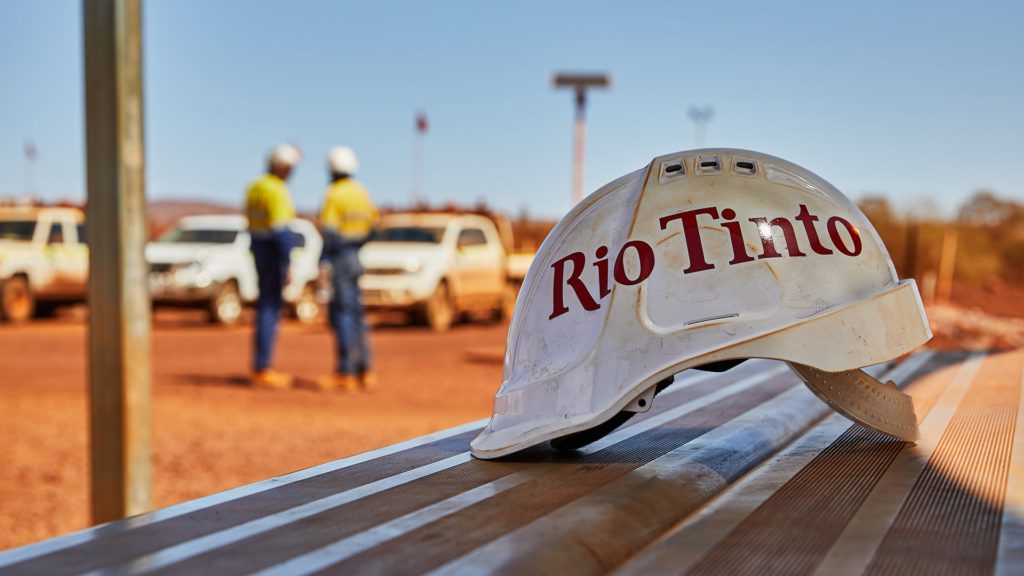Rio Tinto iced out by investor advocate ACCR over climate stance

An Australian shareholder advocacy group said it would no longer engage with Rio Tinto after the miner lobbied the Australian government to remove a reference to climate change impacts in impending environmental legislation.
Rio Tinto, Hancock Prospecting, and several other Western Australian industry parties sent a letter to Australia’s Prime Minister Anthony Albanese expressing concerns about the government’s ‘nature positive’ environmental reforms.
The letter, which became public after a Freedom of Information (FoI) request by Greenpeace, contained an appeal to remove climate change requirements such as carbon emissions as a trigger for assessment. The names of other companies were redacted.
The Australasian Centre for Corporate Responsibility (ACCR), which owns a small stake in Rio, said the appeal was inconsistent with the miner’s own public commitments for enhanced climate advocacy and transparency, adding that the miner’s actions were a “breach of trust”, as it was not informed of this position.
A letter sent by industry parties to Australia’s Prime Minister contained an appeal to remove climate change requirements such as carbon emissions as a trigger for assessment
“ACCR is now stepping away from an agreement to support climate and decarbonization related engagement with Rio Tinto. We will not participate in engagements that could rightly be perceived as greenwashing,” it said in a statement.
Engagement with Rio Tinto would only be possible again once the company clearly and formally updated its advocacy position on the environmental reforms, ACCR added.
Rio Tinto said in a statement that it supported strong environmental protection and that it looked forward to engaging with the Australian government to ensure the new rules were practical and workable.
“We believe reform should drive both stronger environmental and heritage protections and more efficient approvals processes,” it said in a statement.
(By Melanie Burton; Editing by Miral Fahmy)
{{ commodity.name }}
{{ post.title }}
{{ post.date }}




Comments